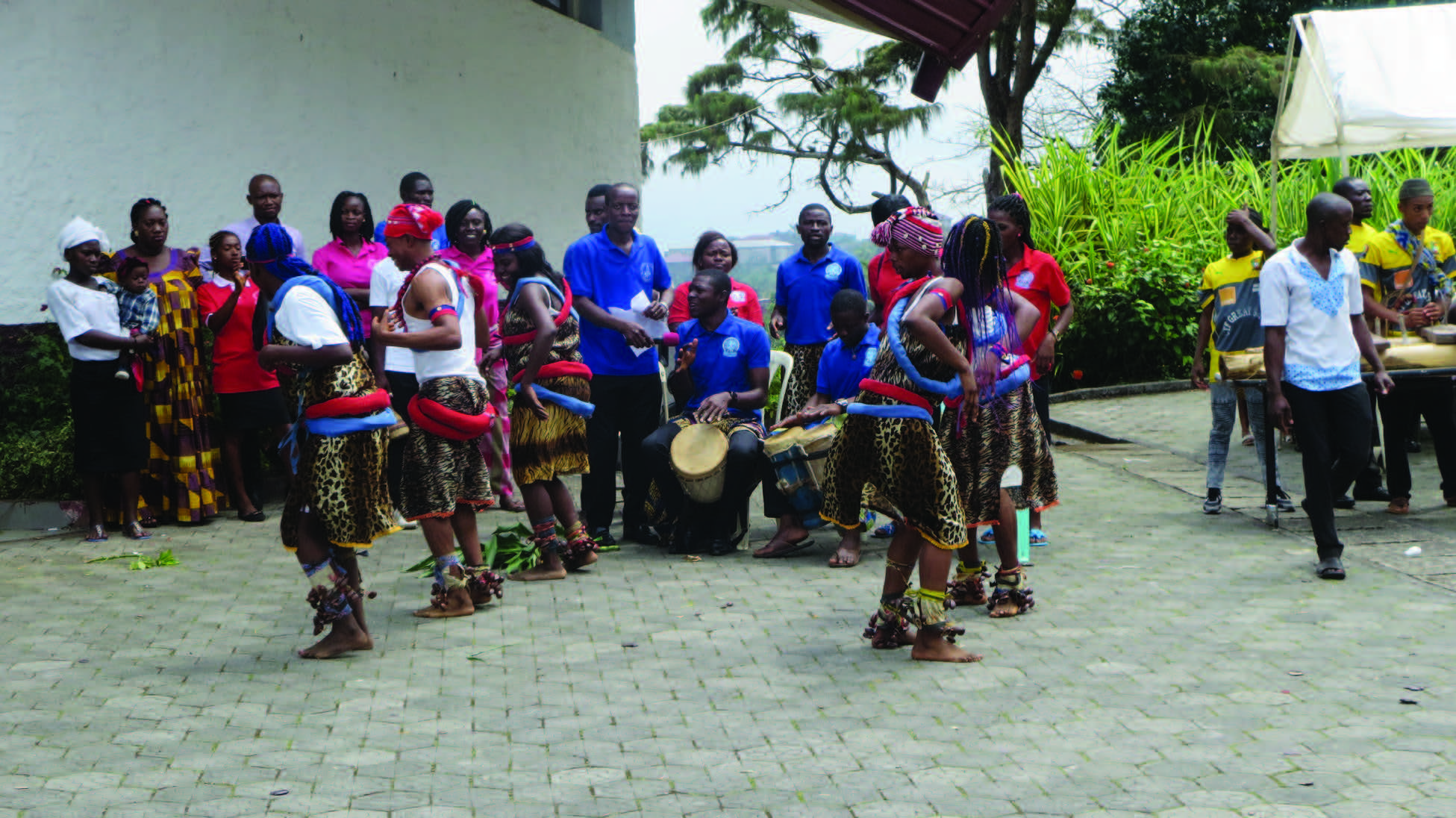
Instead of relocating to nearby cities as a response to resource scarcity, some rural communities in Cameroon are reinstating various traditional strategies, including sorcery as an effective tool for bolstering a policy of resource regeneration, writes Hugues Morell Meliki in the 2021 issue of Tsantsa, the annual journal of the Swiss Anthropological Association. Land grabs by multinational firms and local business tycoons are encouraged by state-promoted policies of agricultural modernization in a country where large fertile areas are not exploited. But a side effect is to encourage the private ownership of rural communities’ land assets to the detriment of such communities, the author explains, creating in those areas a lack of resting time for remaining land plots, infertility, and food insecurity as well as price increases.
Among various strategies for dealing with scarcity, some communities have attempted to regenerate resources with the help of shared beliefs in occult powers. Previous authors have already observed the use of sorcery in African countries for facing societal challenges such as. scarcity and nature conservation. In Meliki’s case study of a local community in Cameroon, the family heads, aware of resource depletion, thus decide to give a river and neighboring forests a rest from human activities for two years. To dissuade potential violators, they enforce the decision through sorcery, endowing objects with ritual powers and ceremonially installing them in the protected areas to frighten people with bloody death by the mystical serpent, kingdom, if they should defy the order. This threat is perceived as very real. During interviews, villagers report violators being attacked by the mystical snake or other frightening experiences. Thus for a given period the river and part of the forest become transformed by community agreement into an untouchable sacred zone, allowing resources to develop again.
(Tsantsa, https://bop.unibe.ch/Tsantsa/article/view/7170)

Source: Njang Dickson Akwo (Wikimedia – Creative Commons Attribution-Share Alike 4.0 International license).